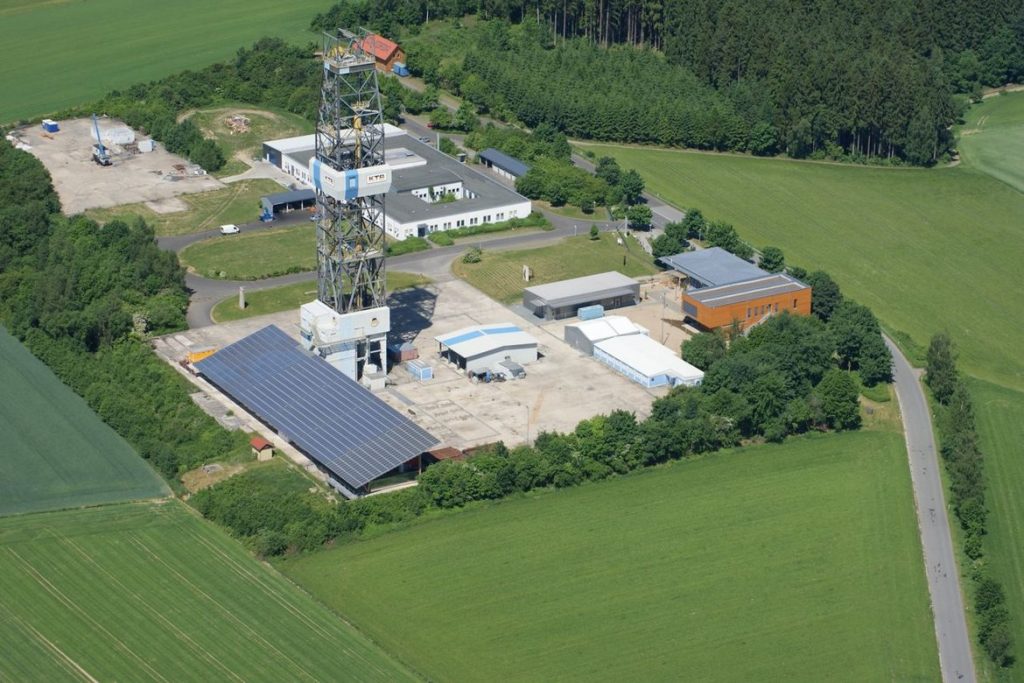KTB deep borehole in Bavaria, Germany to be site for geothermal research
The GEOREAL project under GFZ Potsdam will do research on the KTB boreholes to better understand hydraulic stimulation in low-permeability metamorphics.
The deepest open borehole in the world, located in near the town of Windischeschenbach in Bavaria, Germany, will be the site of the GEOREAL research project under GFZ Potsdam. The project, headed by Dr. Carolin Böse, aims to generate a better understanding of permeability in crystalline rock and its responses to hydraulic stimulation.
The two boreholes in Windischeschenbach are collectively referred to as the “KTB deep crustal lab” after the German Continental Deep Drilling Programme (Kontinentales Tiefbohrprogramm der Bundesrepublik Deutschland). This was a scientific deep drilling project funded by the Federal Ministry of Research. The two boreholes, with depths of 4 and 9.1 kilometers, were drilled between 1987 and 1994.
The GEOREAL hydraulic stimulation experiment aims to address research topics relevant to characterizing the geothermal potential of the metamorphic basement. The two KTB boreholes provide direct access to low-permeability rock at temperatures greater than 100 degrees Celsius.
The goal of GEOREAL is to enhance hydraulic reservoir properties in the KTB pilot hole while avoiding noticeable seismic events. To this end, a seismic monitoring network within a radius of 10 kilometers around the KTB will be set up to detect microearthquakes while hydraulic tests are done at depths greater than 3.9 kilometers.
A further goal of GEOREAL is to improve on the existing best practices of hydraulic stimulation, thus reducing potential risks and improving the acceptance of deep geothermal in Germany.
Preparations for the experiment are already underway, and it is expected to start in a few weeks. The experiment is expected to take about four weeks followed by a long period of data evaluation. The entire project duration is two years.
Source: BR24 and EGU General Assembly 2023


















